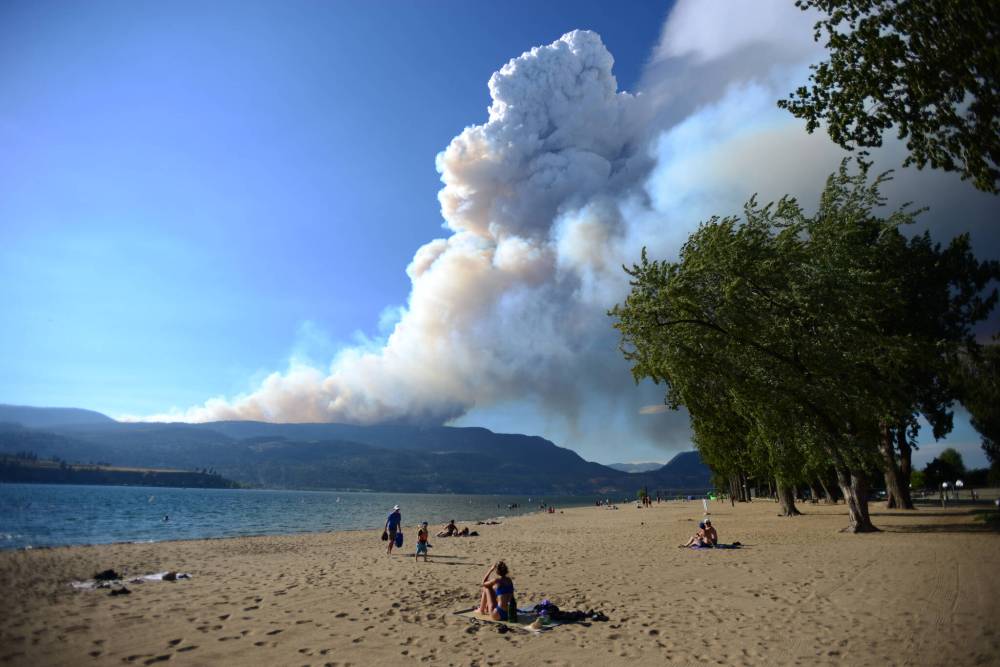The insurance industry: hedging bets
Advertisement
Read this article for free:
or
Already have an account? Log in here »
To continue reading, please subscribe:
Monthly Digital Subscription
$0 for the first 4 weeks*
- Enjoy unlimited reading on winnipegfreepress.com
- Read the E-Edition, our digital replica newspaper
- Access News Break, our award-winning app
- Play interactive puzzles
*No charge for 4 weeks then price increases to the regular rate of $19.00 plus GST every four weeks. Offer available to new and qualified returning subscribers only. Cancel any time.
Monthly Digital Subscription
$4.75/week*
- Enjoy unlimited reading on winnipegfreepress.com
- Read the E-Edition, our digital replica newspaper
- Access News Break, our award-winning app
- Play interactive puzzles
*Billed as $19 plus GST every four weeks. Cancel any time.
To continue reading, please subscribe:
Add Free Press access to your Brandon Sun subscription for only an additional
$1 for the first 4 weeks*
*Your next subscription payment will increase by $1.00 and you will be charged $16.99 plus GST for four weeks. After four weeks, your payment will increase to $23.99 plus GST every four weeks.
Read unlimited articles for free today:
or
Already have an account? Log in here »
Hey there, time traveller!
This article was published 22/08/2023 (829 days ago), so information in it may no longer be current.
The house always wins.
That’s how it works.
Casinos exist to make money.

Joe O’Connal/the canadian press
Smoke from the McDougall Creek fire drifts over Okanagan Lake near Kelowna, B.C., Thursday.
You may win on a night at the casino, though it’s more likely you’ll lose. But over time, the one constant is that the odds are designed to let casinos get their slice of the pie every time.
And that’s how it works with insurance, too.
Insurance companies set their rates to cover their costs — and make a steady profit, too. They employ scores of actuarial specialists who calculate what kind of premiums are needed to cover their expected payouts. They don’t write a policy where the expectation isn’t that they will, overall, make their usual global return.
Now, you don’t have to go to the casino — that’s a choice you make — and if you do and you’re halfway sensible, you go knowing your risks.
But you can’t put a car on the road without insurance and you can’t get a mortgage for your home without it, either.
The problem is, the amount of damage from extreme weather is increasing every year — just as the insurance industry has said it would.
And to be perfectly clear: the insurance industry is not the villain here.
It doesn’t matter if it’s related to climate change or whatever you choose to believe — if the risks go up, so does the price of insurance. Insurance companies, quite simply, don’t worry about the politics of climate change. They worry about the realities of the effect on their bottom lines.
When the math doesn’t work out and the insurance companies aren’t winning any more, your options for buying insurance thin out and the price goes up.
Since the US$60 billion disaster of hurricane Ian hit Fort Myers Beach in September, 2022, eight Florida insurers have gone bankrupt and two major insurance companies, AAA and Farmers, announced they were halting new coverage in risky areas. (Florida also has some specific local issues with insurance litigation and fraud, which have cost insurance companies plenty.)
Keep in mind, insurance companies know how often major hurricanes are expected to hit the U.S.
In California, State Farm Insurance cited “historic increases in construction costs outpacing inflation, rapidly growing catastrophe exposure and a challenging reinsurance market” as their reason for halting new policies in that state in May. (Even insurers have insurance: insurance companies have reinsurance policies to cover portions of their risk in writing individual policies, and reinsurance premiums have risen by as much as 50 per cent.) In June, Allstate announced they wouldn’t take on new residential or commercial insurance policies in the state either. Farmers Insurance did the same thing in July.
Companies have also left insurance markets in Louisiana and Texas.
But even if insurers don’t pull out of your specific region, they still have to recover their losses. And they do that by increasing everyone’s home insurance bill. (Ironically, some auto insurance rates may drop as automation takes more and more of driving out of fallible human hands.)
In 2020, a report for the Insurance Institute of Canada put it quite succinctly: “The average annual severe weather claims paid by insurers in Canada could more than double over the next 10 years, increasing from $2.1 billion a year to $5 billion a year and must be accompanied by an increase in premium income.”
Remember, as out-of-control forest fires burn today in the Northwest Territories and near Kelowna, B.C., as the remnants of an extremely unusual hurricane dumps more than a year’s-worth of rain on parts of the U.S. western desert in a single day and as parts of Hawaii continue to recover from calamitous wildfires, none of the costs of those disasters occurs in isolation.
When the house isn’t winning anymore, the odds change.
And then, they are.




